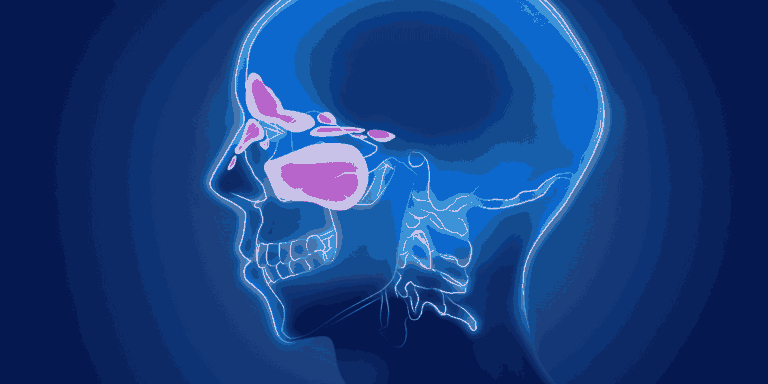Most ear infections heal within 3-7 days with proper treatment, though the timeline varies depending on the type of infection, your age, and overall health. Understanding typical healing patterns helps you know what to expect and when to seek additional medical attention.
Acute middle ear infections (otitis media): These typically improve within 48-72 hours of starting antibiotics. Pain often decreases significantly within the first 24 hours of treatment. Complete healing usually occurs within 5-7 days, though some fluid may remain behind the eardrum for several weeks after symptoms resolve.
Outer ear infections (swimmer’s ear): With proper antibiotic ear drops, symptoms typically improve within 2-3 days. Complete healing usually takes 7-10 days. The key is keeping the ear dry and using medications as prescribed for the full treatment course.
Factors affecting healing time:
Age matters significantly. Young children often take longer to heal due to developing immune systems and ear anatomy that doesn’t drain as effectively. Adults typically recover faster than children.
Underlying health conditions like diabetes, immune system disorders, or chronic allergies can extend healing time and increase complication risk.
Treatment compliance greatly affects recovery speed. Taking antibiotics exactly as prescribed, even after feeling better, ensures complete bacterial elimination and prevents recurrence.
Timeline expectations:
- Days 1-2: Pain should begin decreasing with proper treatment
- Days 3-5: Most symptoms should significantly improve
- Days 5-7: Complete symptom resolution in most cases
- 2-6 weeks: Residual fluid may persist without symptoms
Warning signs of delayed healing:
- Worsening pain after 48 hours of treatment
- New symptoms like severe headache or dizziness
- Fever that develops or persists beyond 3 days
- Hearing loss that doesn’t improve
- Discharge from the ear
Factors that promote faster healing:
- Taking all prescribed medications completely
- Managing pain appropriately with recommended pain relievers
- Keeping the affected ear dry (for outer ear infections)
- Getting adequate rest
- Staying hydrated
If your ear infection isn’t improving as expected or you’re developing new symptoms, ChatRx can help evaluate whether you need different treatment or additional medical attention.












